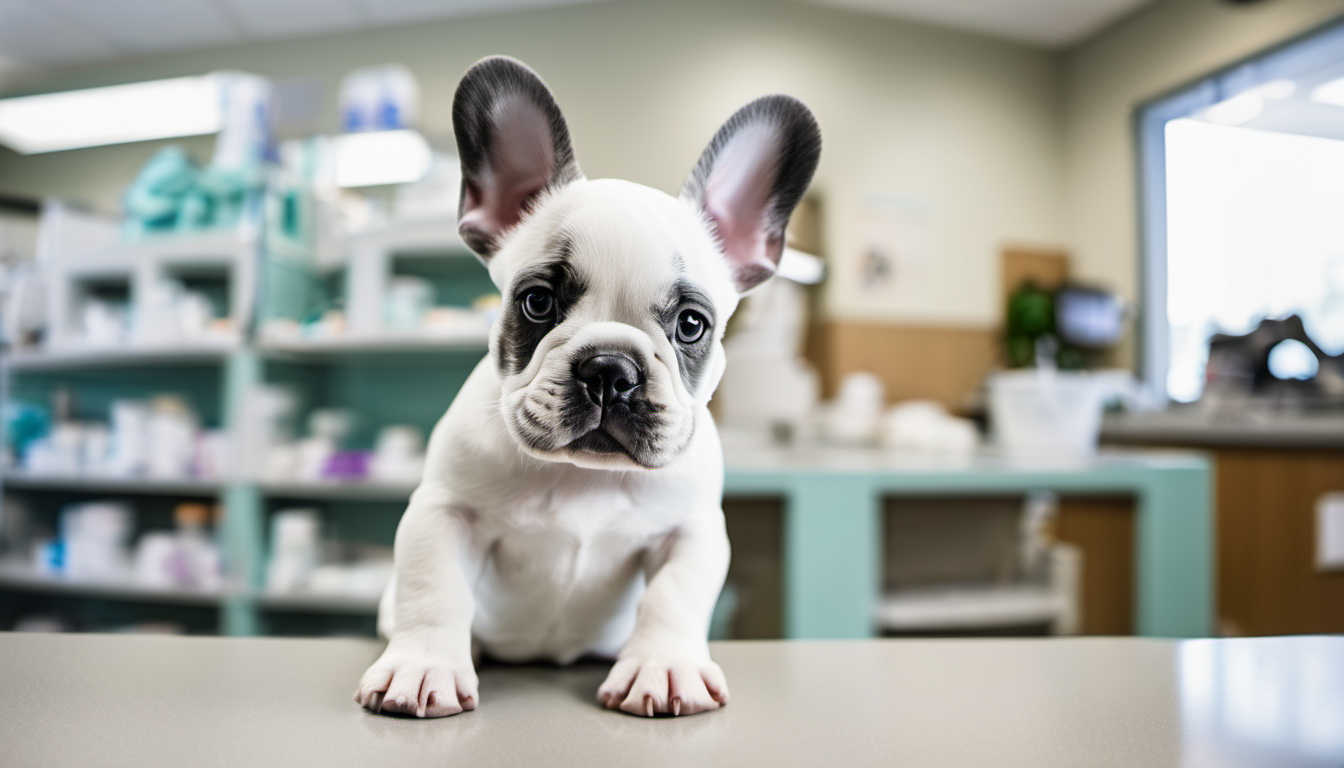Know what to expect at your first puppy visit with this guideline to puppy boosters
The appropriate puppy vaccine schedule may vary slightly depending on factors such as the puppy's age, health status and local disease risks. Make sure to disclose types of activities you'll be doing with your puppy such as hiking, dog parks and planned trips that require pet boarding. A typical vaccine schedule for puppies generally follows this timeline:
6-8 Weeks Old:
-
- Distemper, Parvovirus, Adenovirus (canine hepatitis), and Parainfluenza (often given together as the DAPP vaccine)
- Your puppy may get 2 DAPP vaccines 3-4 weeks apart depending on when you start the vaccine series. I start vaccines ASAP so we usually do 2 for better protection.
- Optional: Bordetella (kennel cough) if the puppy will be exposed to other dogs or in a boarding/kennel environment
- Optional: Canine influenza (depending on local risk factors)
- Distemper, Parvovirus, Adenovirus (canine hepatitis), and Parainfluenza (often given together as the DAPP vaccine)
10-12 Weeks Old:
-
- DAPP + Leptospirosis vaccine (often given together as the DA2PL vaccine)
- Optional: Second dose of Bordetella vaccine if required
14-16 Weeks Old:
-
- DA2PL vaccine
- Rabies vaccine (timing may vary based on local laws and regulations)
------------------------------------------------------------------------------------------------------------
12-16 Weeks Old (Optional):
-
- Leptospirosis vaccine (particularly important for puppies in areas where leptospirosis is prevalent) Needs booster if given
14-16 Weeks Old (Optional):
-
- Lyme disease vaccine (for puppies in areas where Lyme disease is endemic) Needs booster if given
Fecal Test (Optional):
- A fecal test is highly recommended and can be run at any time for your puppy. It is not uncommon for puppies to have some type of internal parasite. Breeders and vets frequently deworm puppies.
-----------------------------------------------------------------------------------------------------------
1 year: DA2PL + Rabies (This will be every 3 years going forward with optional Lepto vaccine for in-between years.) The Lepto vaccine is highly recommended.
After completing the initial puppy vaccine series, booster shots are typically given at regular intervals to maintain immunity. These booster shots are usually administered annually or as recommended by the veterinarian based on the specific vaccines used and the puppy's risk factors.
It's important to consult with a veterinarian to develop a personalized vaccine schedule tailored to your puppy's individual needs and local disease risks. Additionally, remember to keep thorough records of your puppy's vaccinations, including the dates and types of vaccines administered, for future reference and to ensure they stay up-to-date on their vaccinations throughout their life. Preventative care is cheaper than treating costly and dangerous diseases later on.
Quick links


